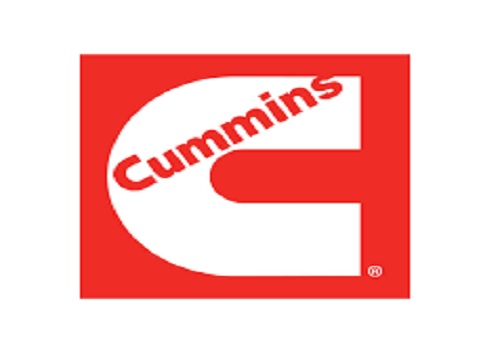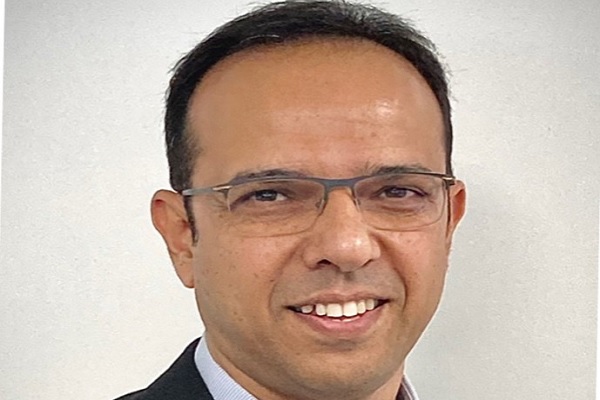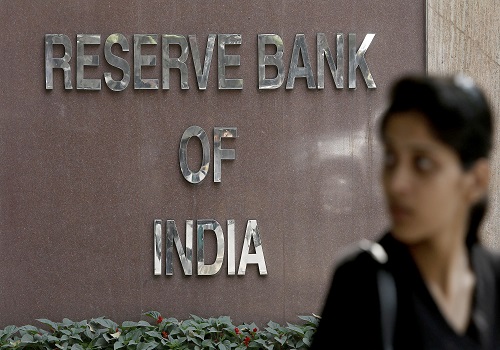Real Estate Sector Update - Fractional ownership is rapidly gaining traction in India By JM Financial

Fractional ownership is rapidly gaining traction in India.
Under this concept, the ownership of an underlying asset is divided among several investors; this lowers capital requirements and facilitates larger participation from the market. It creates inclusivity for small-ticket-size investors and allows them to buy real estate assets across the country with minimal regulatory compliance burdens.
Essentially, it allows them to benefit from rental escalations and capital appreciation. In India, several prop-tech start-ups have started offering fractional ownership. While this is currently limited to commercial spaces (including offices, warehousing, industrial and data centres) luxury homes, hospitality and healthcare assets are likely to join the bandwagon soon; commercial yields are currently 2x-3x higher vs. residential.
We compare fractional ownership to a REIT and highlight the differences in terms of size, direct involvement, ownership and taxation. We also interacted with Sudarshan Lodha, Co-Founder and CEO, Strata, a tech-enabled real estate investment platform, looking to scale up in this space to understand the potential opportunity.
* What is fractional ownership: Fractional ownership, a concept where the ownership of an underlying asset is divided among multiple investors thereby lowering capital requirements and facilitating larger participation. Each investor owns a fraction (or a small percentage) of the underlying property. It enables investors to purchase property across regions and ticket sizes and benefit from rental yields and capital appreciation. Globally, fractional ownership remains a popular concept among hotel and vacation home markets, with resorts pricing their fractional offerings based on factors such as property, location and amenities. The underlying asset can be purchased as a joint ownership model, co-operative model, company structure and/or trust structure.
* Multiple start-ups mushrooming in India: Of late, there has been the advent of several prop-tech start-ups such as Assetmonk, BRIKitt, Fracsn, Grip Invest, Myre Capital, Propertyshare, RealX and Strata in India. These start-ups act as aggregators of properties and charge a fee for selling the asset to the investor. The technology required to onboard an asset after technical and financial due diligence as well as the ability to bring investors on the platform has become a key differentiator. Fractional ownership offers an easy way to buy commercial real estate like one would a financial asset, significantly expands investor reach and reduces compliance burdens.
* What attracts investors to hard assets: Investors generally look to diversify and purchase real estate assets that have a low correlation to public market volatility so that these can provide a hedge against uncertainties. Real estate, if properly leveraged, remains a tangible asset intended to generate stable, predictable cash flow through market cycles. Driven by a growing formal economy, premium commercial properties such as tech parks, data centres and warehouses represent a lucrative investment opportunity and rental yields remain 2x-3x those of the residential segment.
* Fractional ownership vs. REITs: We highlight differences between REITs and fractional ownership assets, as REITs benefit from favourable taxation rules in the hands of unit holders, larger ticket sizes, institutional expertise / ownership while fractional ownership facilitates smaller ticket sizes, investments from HNIs / family offices, access to diverse properties across upcoming regions and ability to select individual assets.
* Strata, an upcoming investment platform, looking to scale up: We interacted with Sudarshan Lodha, Co-Founder and CEO, Strata, a tech-enabled real estate investment platform that allows investors to own and sell fractions of pre-leased, Grade-A commercial properties. Strata aims to make commercial real estate accessible to a much larger investor base (currently 12,000 investors; INR 3.2bn AUM including managed assets). It offers rental yields of 8-12% and targeted IRR of 10-16% over 5 years with an investment threshold of INR 2.5mn. It targets to have INR 12bn of AUM within a year and charges annual property management fee of 0.5% - 1% of AUM and a performance fee of 10-20% above a hurdle rate of 8% on capital appreciation.
To Read Complete Report & Disclaimer Click Here
Please refer disclaimer at https://www.jmfl.com/disclaimer
CIN Number : L67120MH1986PLC038784
Above views are of the author and not of the website kindly read disclaimer










Tag News
More News

Cement Sector Update : Q1FY26 Result Review by Choice Institutional Equities









